Keyless theft: why it takes only ten seconds to steal a new car
What you need to know about keyless theft - and how to prevent it
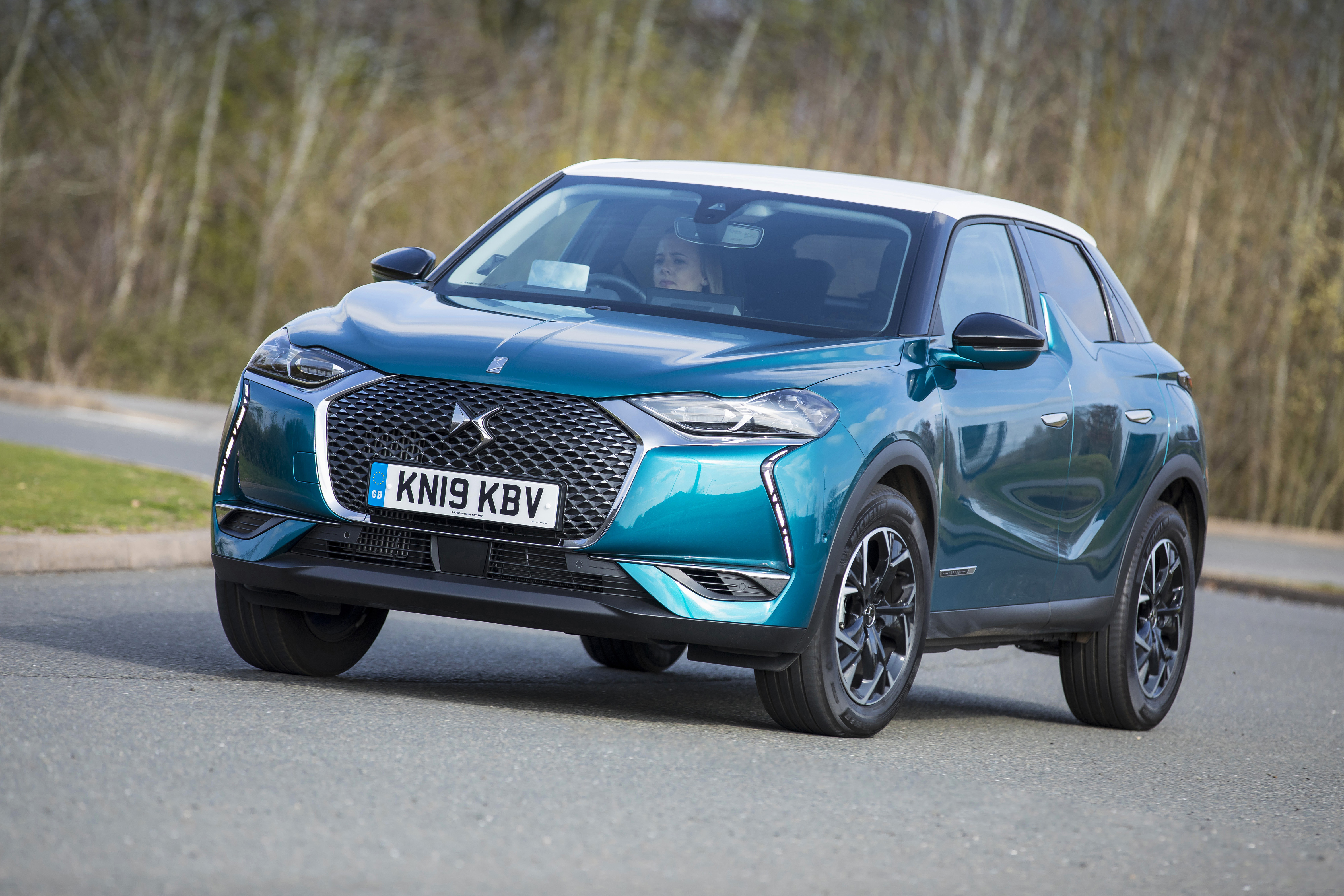
A free daily email with the biggest news stories of the day – and the best features from TheWeek.com
You are now subscribed
Your newsletter sign-up was successful
It takes only a few seconds for criminals to steal certain new cars fitted with keyless entry and start technology, a study has found.
Motoring reviews site WhatCar? discovered that a number of models currently on sale are at risk of being stolen by thieves using keyless tech cheat devices that require no physical contact with the vehicle.
The study tested the security of seven new cars, five of which could be accessed using a method that relays the signal emitted by key fobs to trick the vehicle into deactivating the locks, the website says. Some cars - such as top-spec DS 3 Crossbacks - took just ten seconds to be unlocked and turned on.
The Week
Escape your echo chamber. Get the facts behind the news, plus analysis from multiple perspectives.

Sign up for The Week's Free Newsletters
From our morning news briefing to a weekly Good News Newsletter, get the best of The Week delivered directly to your inbox.
From our morning news briefing to a weekly Good News Newsletter, get the best of The Week delivered directly to your inbox.
“It’s outrageous that some car makers have introduced keyless entry and start systems without making them anywhere near as secure as the traditional alternatives they’ve replaced,” said WhatCar? editor Steve Huntingford.
While he conceded that some manufacturers “are taking the problem of car theft seriously”, the research shows that “more needs to be done to improve security, particularly of desirable used models”.
How do criminals use keyless entry to break into cars?
The most common method of keyless car theft is known as “relay attacks”, says Auto Express. The attack “exploits vulnerabilities” in the signals that are transmitted by the wireless key fobs for their respective vehicles.
A free daily email with the biggest news stories of the day – and the best features from TheWeek.com
The method requires thieves to scan for and amplify the signals emitted by key fobs, the magazine says. It’s a “relatively” easy process that convinces the car that its key is nearby, allowing criminals to access the car and switch on the engine.
Five of the cars studied by WhatCar? were unlocked using this method.
However, two vehicles would not unlock using the relay method. Instead, the researchers were able to break into the car using a “lock-picking device” and accessed the car’s onboard computer to “get the necessary code to fire up the engine via its push-button starter”.
Which cars are the most vulnerable?
The DS 3 Crossback in range-topping “Ultra Prestige” trim and the Audi TT RS Roadster were among the least secure in the tests.
Researchers were able to unlock both cars using the relay method in just five seconds, before starting the engine a further five seconds later. The Audi, however, was susceptible to the relay attack only when its “Advanced Key” enter system, an optional fob that turns off 15 minutes after being put down, was active. When the device was asleep, researchers could not gain access to the car.
The same can be said for the BMW X3 XDrive20i M Sport, Mercedes-Benz A-Class A220 AMG Line and Ford Fiesta 1.0 EcoBoost 140 ST-Line X. These, however, took significantly longer to unlock when their respective keys were active compared to the Audi and DS.
Finally, two Land Rover models, a 2018-spec Discovery Sport TD4 180 HSE and a new Discovery SD6 HSE, could only be accessed using a lock-picking device.
The Discovery Sport, however, was not fitted with the British marque’s new “ultra-wide-band radio technology”, which prevents criminals from using relay technology, says Autocar. Therefore, researchers were able to start the car in around 30 seconds.
On the Discovery SD6, researchers were able to access the car with a lock-picking device, yet were unable to start the vehicle as it was equipped with ultra-wide-band radio tech, notes WhatCar?.
How do you prevent a relay attack?
The easiest way to prevent such an attack is to buy a “Faraday” bag to store your wireless key in, as it contains a material that blocks the fob’s signal when it’s not in use, WhatCar? advises.
Automotive news site Motoring Research also advises drivers to switch off their vehicle’s key, if the option is available, and ensure their car is locked when they exit the vehicle. It might be worth investing in a steering wheel lock and a vehicle tracking device, too.
-
 6 of the world’s most accessible destinations
6 of the world’s most accessible destinationsThe Week Recommends Experience all of Berlin, Singapore and Sydney
-
 How the FCC’s ‘equal time’ rule works
How the FCC’s ‘equal time’ rule worksIn the Spotlight The law is at the heart of the Colbert-CBS conflict
-
 What is the endgame in the DHS shutdown?
What is the endgame in the DHS shutdown?Today’s Big Question Democrats want to rein in ICE’s immigration crackdown
-
 BMW iX3: a ‘revolution’ for the German car brand
BMW iX3: a ‘revolution’ for the German car brandThe Week Recommends The electric SUV promises a ‘great balance between ride comfort and driving fun’
-
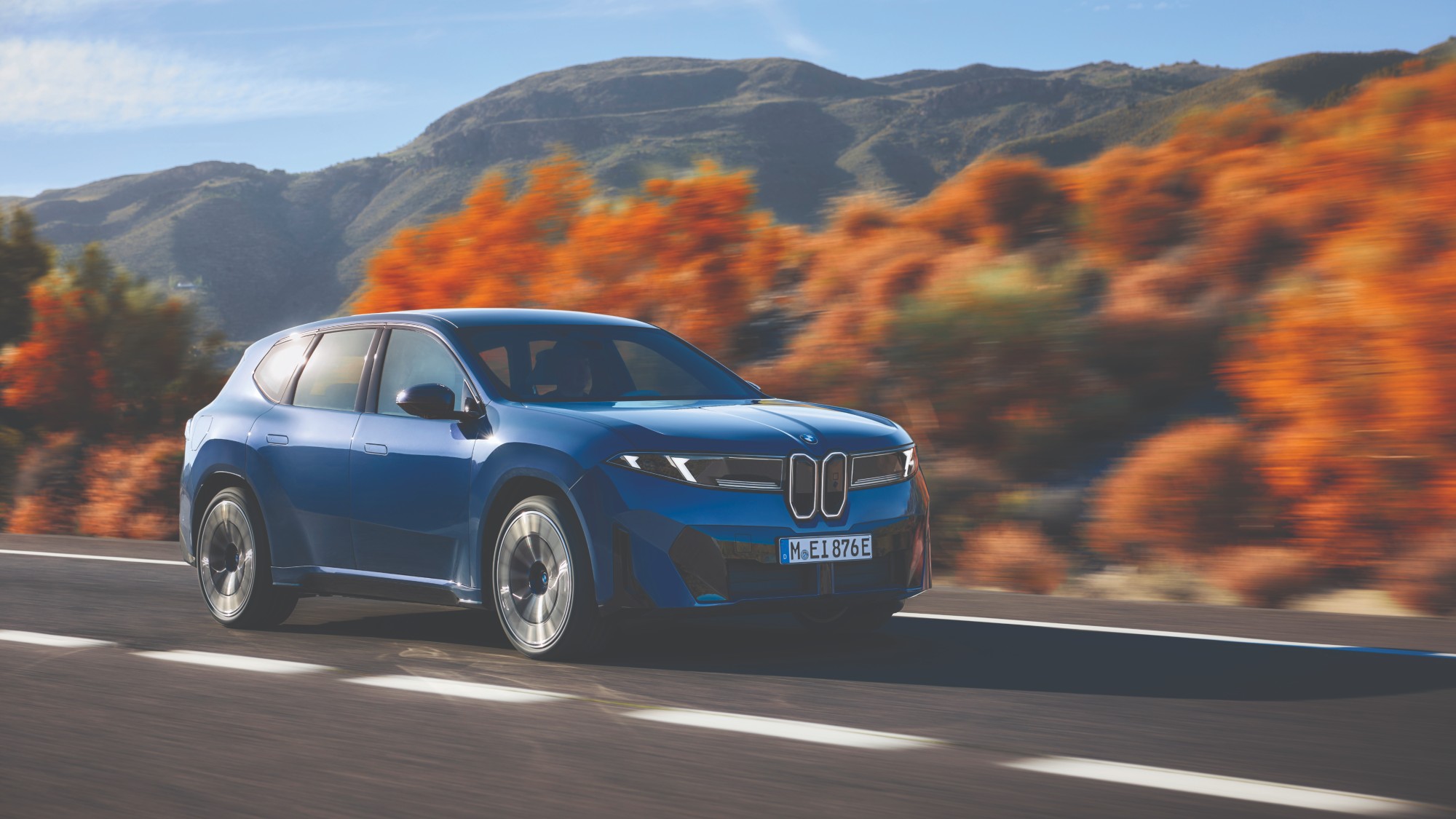 The best new cars for 2026
The best new cars for 2026The Week Recommends From SUVs to swish electrics, see what this year has to offer on the roads
-
 Land Rover's Defender Octa: 'an unexpected thrill to drive'
Land Rover's Defender Octa: 'an unexpected thrill to drive'The Week Recommends The Octa makes the regular Defender look 'a touch meek'
-
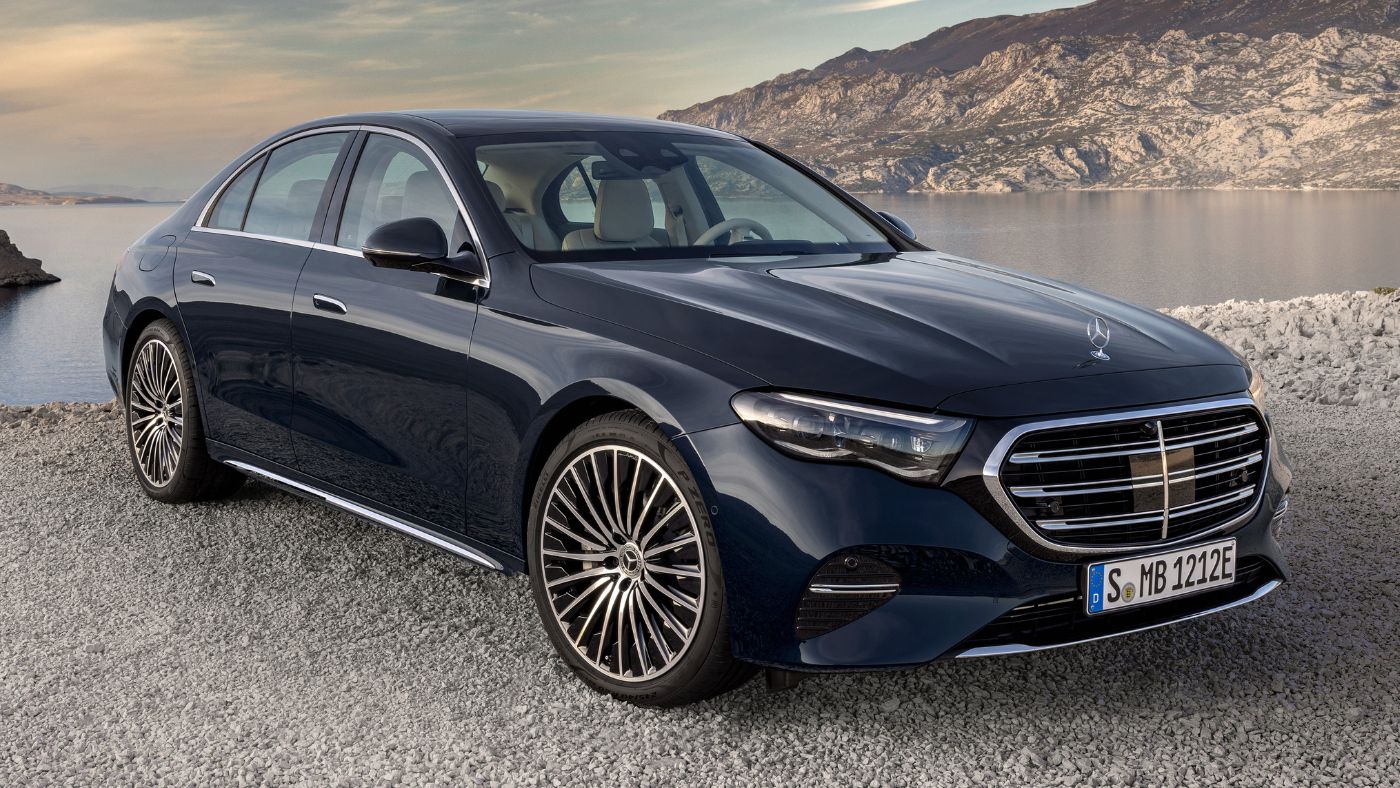 Mercedes-Benz E-class review: what the car critics say
Mercedes-Benz E-class review: what the car critics sayThe Week Recommends The 11th generation E-class delivers a polished drive and features a spacious interior packed with tech
-
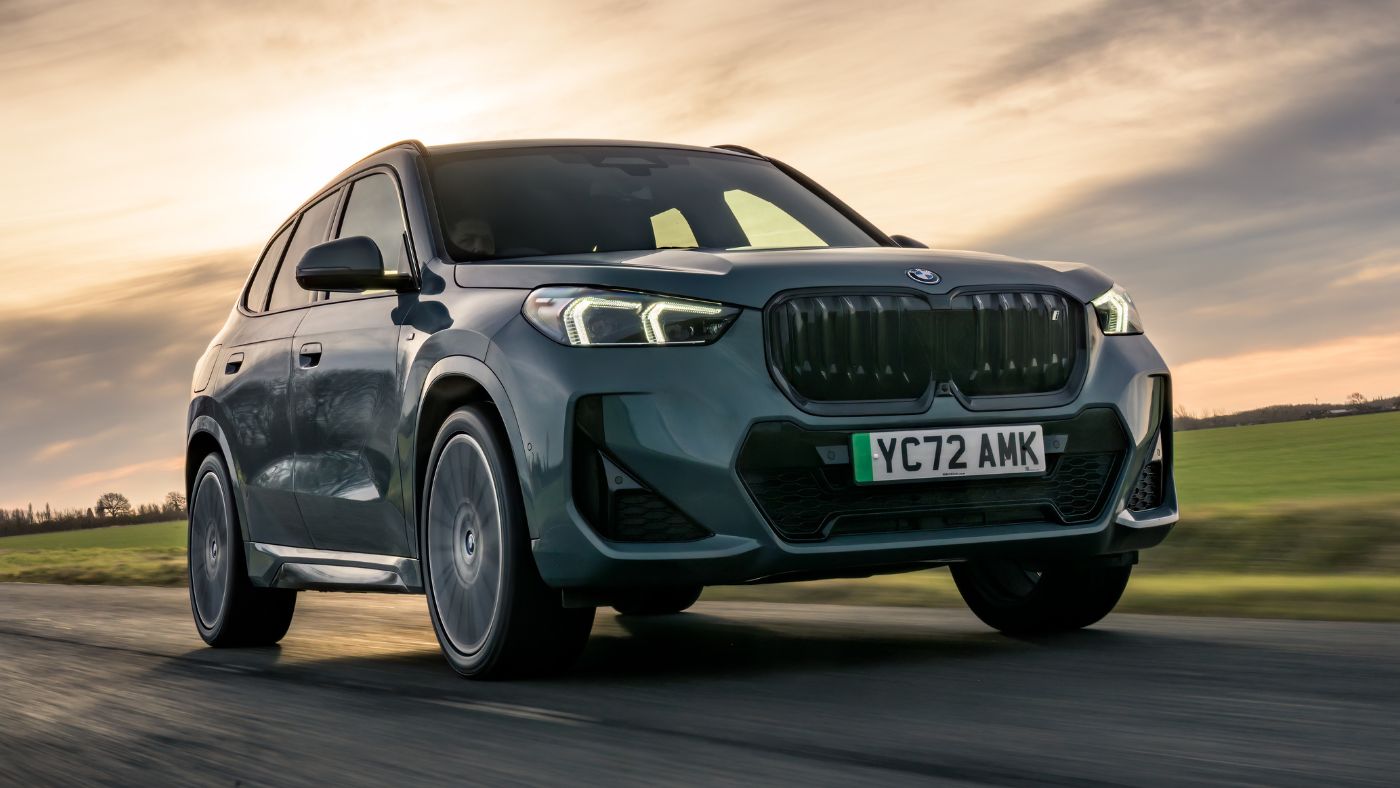 BMW iX1 review: what the car critics say
BMW iX1 review: what the car critics sayThe Week Recommends BMW’s smallest electric crossover has ‘precise’ steering and a ‘smart interior’
-
 Mercedes-AMG G63 4x4² review: what the car critics say
Mercedes-AMG G63 4x4² review: what the car critics sayThe Week Recommends This truly luxurious 4x4 is pretty straightforward and off-road it feels invincible
-
 BMW M3 Touring review: what the car critics say
BMW M3 Touring review: what the car critics sayfeature A sensational all-rounder, the car is ‘eye-wateringly, cheek-puffingly good to drive fast’
-
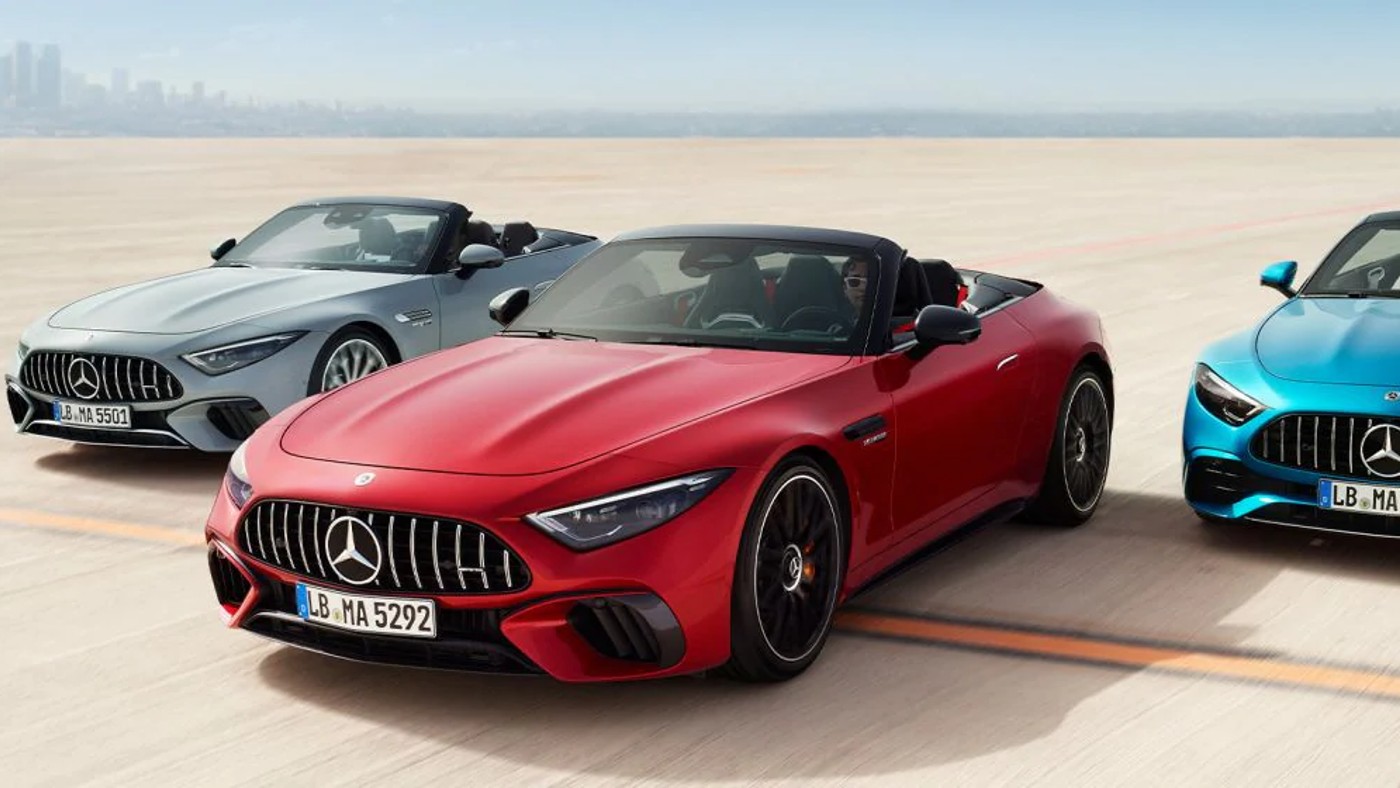 Mercedes-AMG SL review: recapturing a golden age of motoring
Mercedes-AMG SL review: recapturing a golden age of motoringfeature The latest SL harks back to when the first model set ‘new standards for style and comfort’